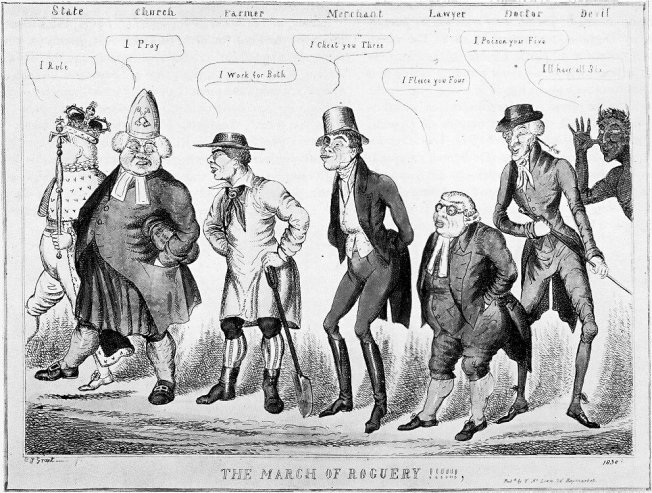As of May 6 I’m reviewing again. Being listed as Kindle Book Review’s first contact–and as their only nonfiction contact–certainly has its advantages. But after declining several New Age books and two consecutive success/wealth building books, I realize it’s time to be a little more specific with what authors should expect.
I have previously reviewed fiction: Love by Lucille Redmond was unbelievable, as was Woody Guthrie’s novel House of Earth. That said, I do not believe a relatively obscure fiction writer should offer reviews to another. There is too much temptation for review swapping: cooperatively, in the form of positive reviews, or punitively, in the form of negative ones. Ultimately neither of those would do us any favors, so please, do not submit fiction of any type.
Given the opening paragraph, hopefully you are already discouraged from offering texts on New Age, success, self-help or investing. I have very specific, long-established views on the subjects of economics and cosmology, and they are not likely to change. It would be unfair to subject you to my biases. Please do not contact me for reviews on these subjects.
Politics or current events? Maybe. Is it well-researched and well-considered? Or does it offer the reader little more than a glass of Kool-Aid?
Ultimately you should know a reviewer’s tastes before submitting anything, so by all means feel free to follow and interact with me on Twitter. That’s more than some authors are willing, so here are the links to all of my nonfiction reviews, per category: music (1, 2, 3, 4 and 5), history (1, 2 and 3), science, philosophy and biography (1, 2). Aside from Lucille Redmond’s anthology of short stories, my favorite of these books was Lina and Serge: The Love and Wars of Lina Prokofiev: “If anything the pages turn too quickly, the story is too familiar.” Morrison forms a deep emotional attachment between reader and subject within the first few pages of the book.
A caveat: typographical errors and its/it’s mistakes are significant turn offs. The well-written argument does not require huge font, red font, SHOUTING, slammer arrays!!!, or other visual delights to get its point across. Clever interior page design is great, but if want a fourth or fifth star, the narrative needs to be content edited, copyedited, proofread and compelling.
One last request: patience. As you can see I average about one review a month. It will take me a week to consider your pitch, therefore a full PDF or ePub copy of your book will speed things along nicely. Depending on length, I’ll need another two weeks to read and, finally, a week to write the review.
If you’re still reading, that’s wonderful. We’re half-way there. Reach out to at ASongForMagsa [at] gmail dotcom and we can discuss further.

